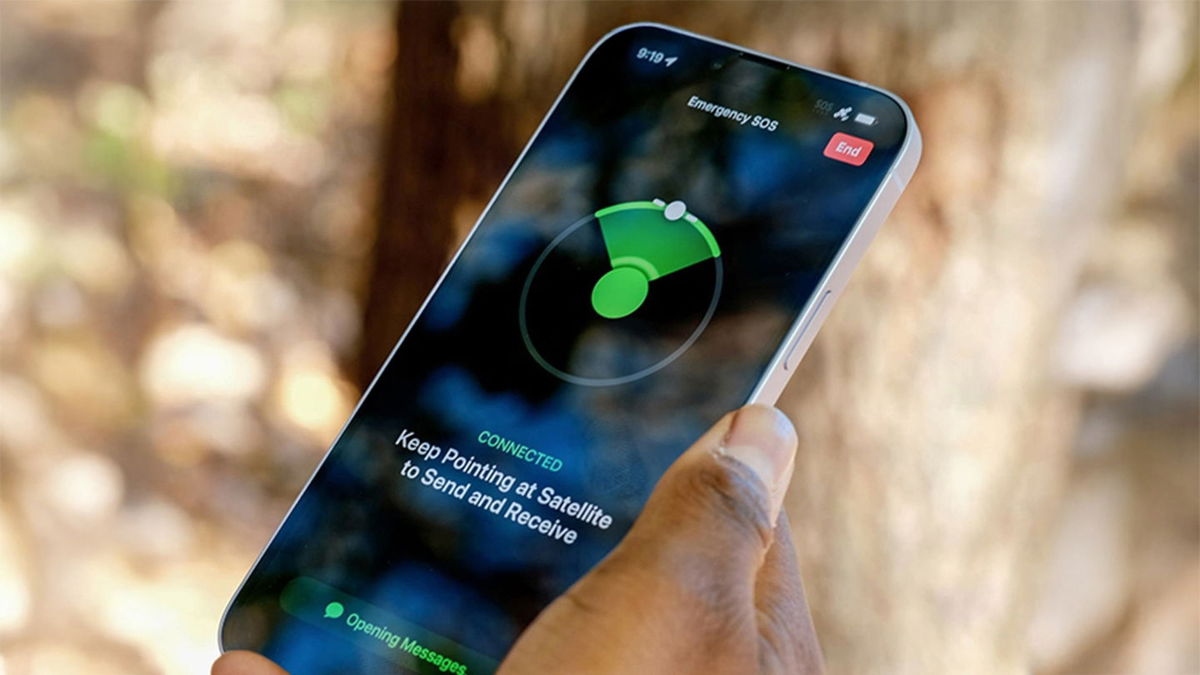The term “brain rot”, defined as “mental degradation caused by excessive consumption of trivial online content”, has been chosen as the word of the year by Oxford University Press. This concept is perfect for describing the devastating impact of compulsive Internet use on our mental health. Practices such as infinite scrolling And fatal scrollubiquitous in the digital age, they impair our attention, memory and overall well-being. But what is actually happening in our brain?
The Science Behind Brain Rot
Various academic studies from prestigious institutions such as Harvard University, Oxford and King’s College London have shown how heavy internet use affects our cognitive abilities. Researchers have found that the excess of trivial information created by digital platforms and social media can shrink the brain’s gray matter. This leads to distracted attention, decreased memory ability and changes in cognitive processes. There is even talk of “digital dementia” when this phenomenon affects children and adolescents at critical stages of development.
Recommended Videos
A 2018 Stanford study found that people who interact with multiple digital platforms often have lower attention span and memory capacity. Likewise, Dr. Gloria Mark, University of California professor and author Attention spanfound that in 2004 the average attention span on a digital device was two and a half minutes, but by 2018 it had dropped to just 47 seconds.
Doomscrolling: Obsessive consumption of negative news
Doomscrolling is a habit that affects not only our thinking, but also our physical and emotional health. Constant consumption of disturbing news activates our limbic system and amygdala, putting the brain on high alert. This can cause headaches, muscle tension, insomnia and even high blood pressure. But that’s not all. 2024 study published in Computers in Human Behavior Reports found that doomscrolling generates high levels of existential anxiety.
Dr. Aditi Nerurkar from Harvard Medical School explains that doomscrolling can cause a phenomenon known as “popcorn brain.” This occurs when excessive online stimulation overloads our brains, making it difficult to adapt to the slower pace of the real world.
Infinity Scroll: Dependency Design
Infinite scrolling, a web design technique that allows users to consume content continuously and without interruption, is designed to maximize the time we spend online. This mechanism manipulates the brain’s dopaminergic reward system, generating cycles of addiction similar to the “bottomless bowl of soup” effect studied in psychological experiments.
Tristan Harris, who headed Google’s design ethics office, warned the US Congress in 2019 that digital platforms were engaged in a “race to the depths of the brain”, using basic emotions such as fear and anger to capture our attention.
How to deal with infinite scrolling and doom scrolling

While the evidence is alarming, movements such as the rise of “dumb phones” and campaigns for a smartphone-free childhood offer alternatives. On the other hand, experts recommend simple but effective strategies for regaining control:
- Keep your phone out of reach when you wake up, while eating, and while working.
- Turn off notifications and reduce the color saturation on your screen.
- Focus on local news and real action.
Recognizing the problem is the first step to protecting our mental health. By becoming aware of how practices like doomscrolling and endless scrolling affect our lives, we can redirect our attention to more meaningful and productive activities rather than letting it get lost in a sea of trivial content.
Source: Digital Trends
I am Garth Carter and I work at Gadget Onus. I have specialized in writing for the Hot News section, focusing on topics that are trending and highly relevant to readers. My passion is to present news stories accurately, in an engaging manner that captures the attention of my audience.










